
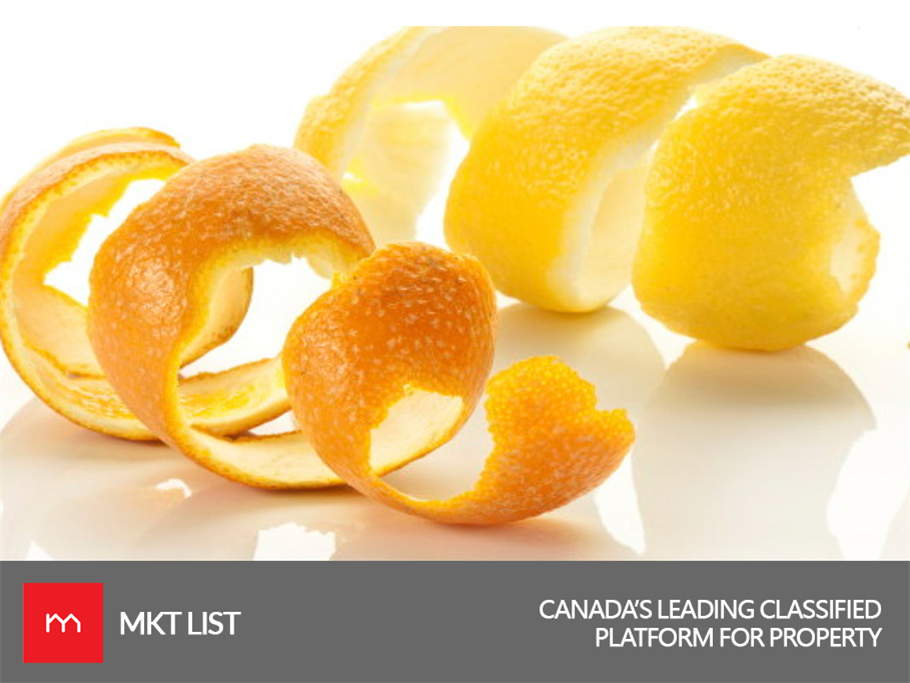
Next time you’re tossing in leftovers and waste into the garbage can, remember that you might just be missing out on some rich nutrients and losing quite some money while you’re at it. Think before you throw.
The Citrus Peel
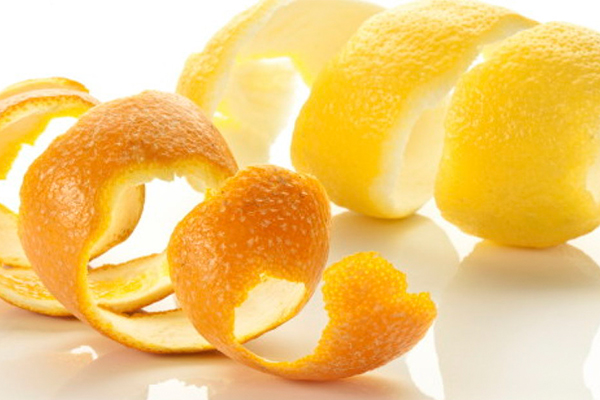
Squeeze and chuck that’s what we
do with most lemons but, you won’t be doing that anymore. Lauren Popeck of
Orlando Health Physician Group, believe s that although lemon is your best
friend when garnishing dishes and adding flavour to every entrée, the zest of a
lemon is more resourceful than we think. “You
can expect three grams of fibre in two tablespoons of zest, five times more
vitamin C in the peel than flesh, and other essential vitamins and minerals,
including riboflavin, thiamin, niacin, folate, vitamin B6, vitamin B5, vitamin
A, calcium, iron, potassium, zinc, and magnesium,” says Popeck. Her favourite
uses for zest: blend into vinaigrette or marinade, toss a piece of peel into
smoothies, blend into yogurt or cottage cheese, cereal or add to coffee or tea.
It doesn’t just stop with lemons; lime, grapefruit and oranges can used to add tanginess
for no extra calories.
The Banana Peel
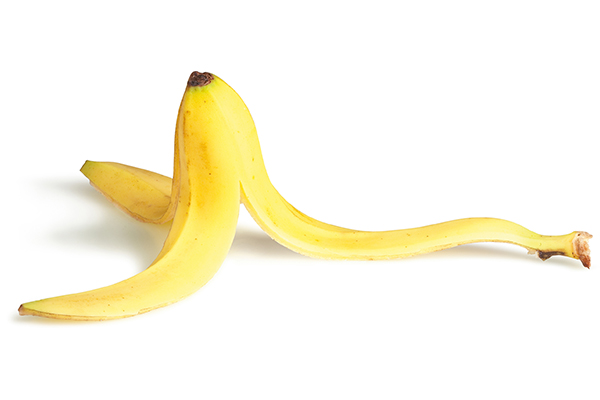
Recall whenever you’ve had a
banana, just as you’re done with the fruit with no regard to that flimsy skin
that protects your fruit, you toss it in the bin. Instead of adding it to your
pile of waste, consider going ripe. Ripe peels are notably more delicious and
softer, boil or cook for a minimum of 10 minutes to soften it (add to smoothies
and soups). You can simply purée it to add to any cake batter. For a quick
snack, slice and bake the banana (with skin).
The Watermelon Seed and Rind
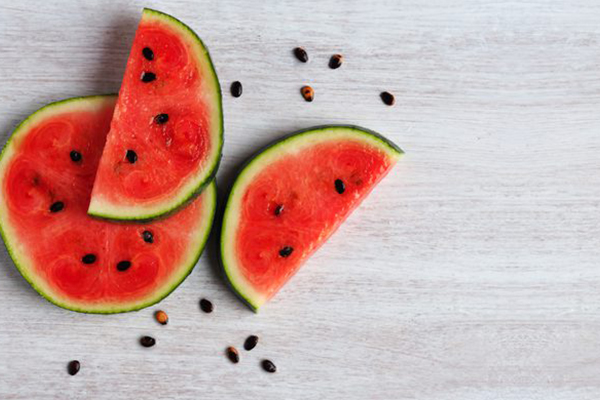
Give watermelons more credit. Although
their red interior makes one hell of a summer snack and enriches you with
powerful nutrients. Don’t toss the rind and seeds into the garbage every time
you eat it though and use the white part of the exterior in your cooking. Add
watermelon rind to smoothies in the blender, chop and add to fruit salad,
salsa, chutney or pickle it. As for seeds, you can roast in the oven. Toss in
olive oil and salt, roast at 350° for 10 to 15 minutes. Then sprinkle it on your salad for a twist.
The Stocks
of Broccoli
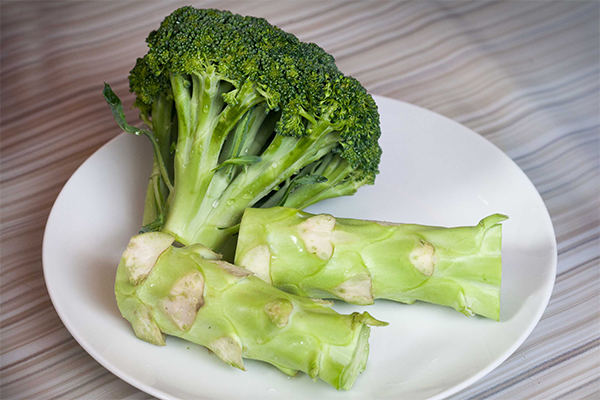
“The stalk contains sulforaphane,
a phytochemical antioxidant that has anti-inflammatory
properties, protects cells from DNA damage,
inactivates carcinogens, and inhibits tumor blood vessel formation,” says
Popeck. So, it’s just not the heads your mom should include in your diet. To
incorporate it in your meals: Peel, slice, or shred stalks, and eat raw (with
salads and dips). Steam, roast, or sauté them, eat as you like. Add to soup or
puree them to add to sauce, pesto, hummus.
The Pineapple Core
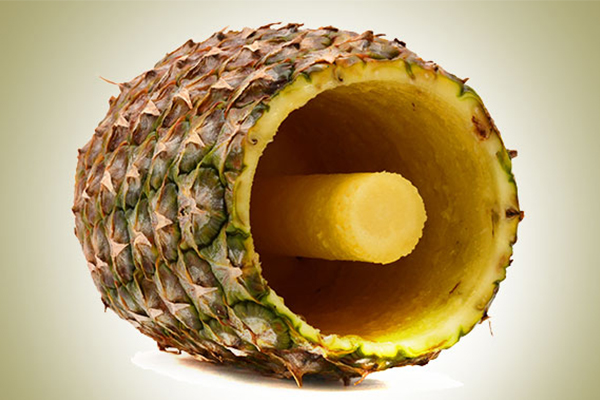
There’s so
much to do with this enriched core, which full of minerals and nutrients. The core
inhibits protein digesting enzyme, anti-inflammatory properties, can reduce
sinuses and ease arthritis pains. With its anticoagulant properties it has a
cancer fighting effect as well. To use it in
your cooking; Chop and add to fruit salad, slaw or salsa, blend into smoothies,
cut into cubes and freeze for later use, or simply add to water, tea to
increase flavor. You may also dice it and add to stir-fry, sauté, add to Greek
yogurt for savory dessert, or use it as a seafood marinade.
The Onion Skins
While it’s seems most natural to
throw out the skins, you’ll be amazed to hear that those skins contain a
phytonutrient that helps fight inflammation, high blood pressure and prevents
heart problems. Add onions with skin to stock, chili, soup or sauce (throw away
skins before eating).
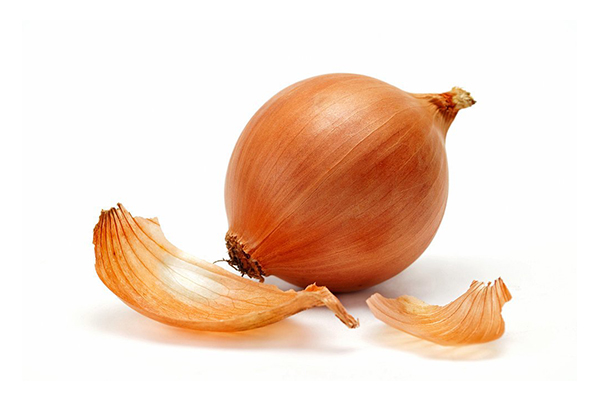
The Celery Leaves
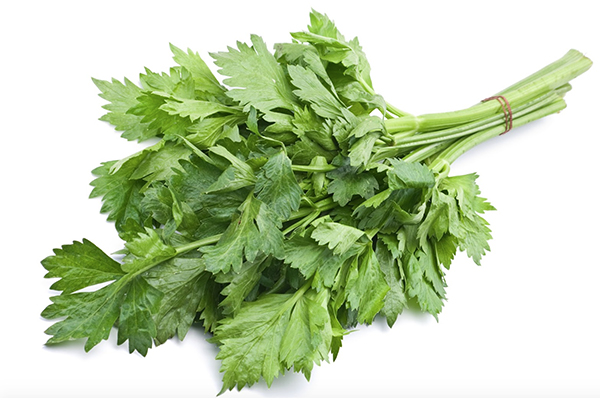
Use celery leaves in salads,
stocks or simply as garnish, a chickpea salad would be the perfect choice to
add leaves in. These are not to be discarded, they contain Magnesium, Calcium
and Vitamin C (what more could you want!).
The Swiss Chard Stems
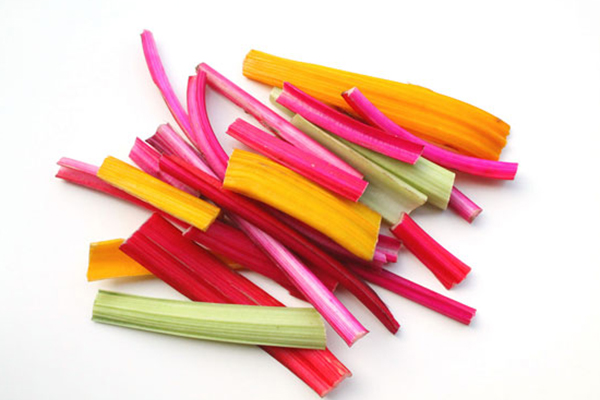
Being high in glutamine, the stems
strengthen your immune system. They also posses iron and fibre too. Schapiro
tells us to preheat the oven to 375°F, rinse the stems and pat them dry before
beginning to roast them. “Then, simply use one to two teaspoons of olive oil to
coat the bottom of a baking dish and lay the stems down in a single layer.
After laying the stems down, drizzle with a teaspoon of olive oil and sprinkle
with salt. Cover the dish with foil and place the dish in the over and bake for
10 minutes, then remove the foil. Finish baking for about 20 more minutes
until the stems are tender and starting to brown.”
The Kiwi Skin
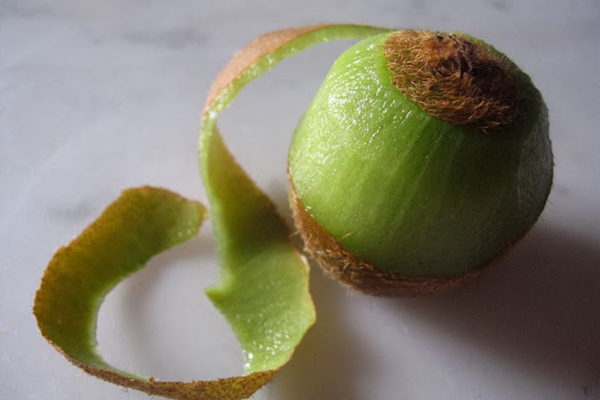
Why are Kiwi skins under
appreciated? Besides being extremely good for you (Yes, they are edible!) they
contain much Vitamin C. The rough and textured brown skin doesn’t appeal to
everyone, so try adding an entire Kiwi to a smoothie to delve into the benefits
of the skin.
If
you think this article provided information that’s worth your health, subscribe
to our weekly newsletter at MKTLIST.
Be the first to Comment